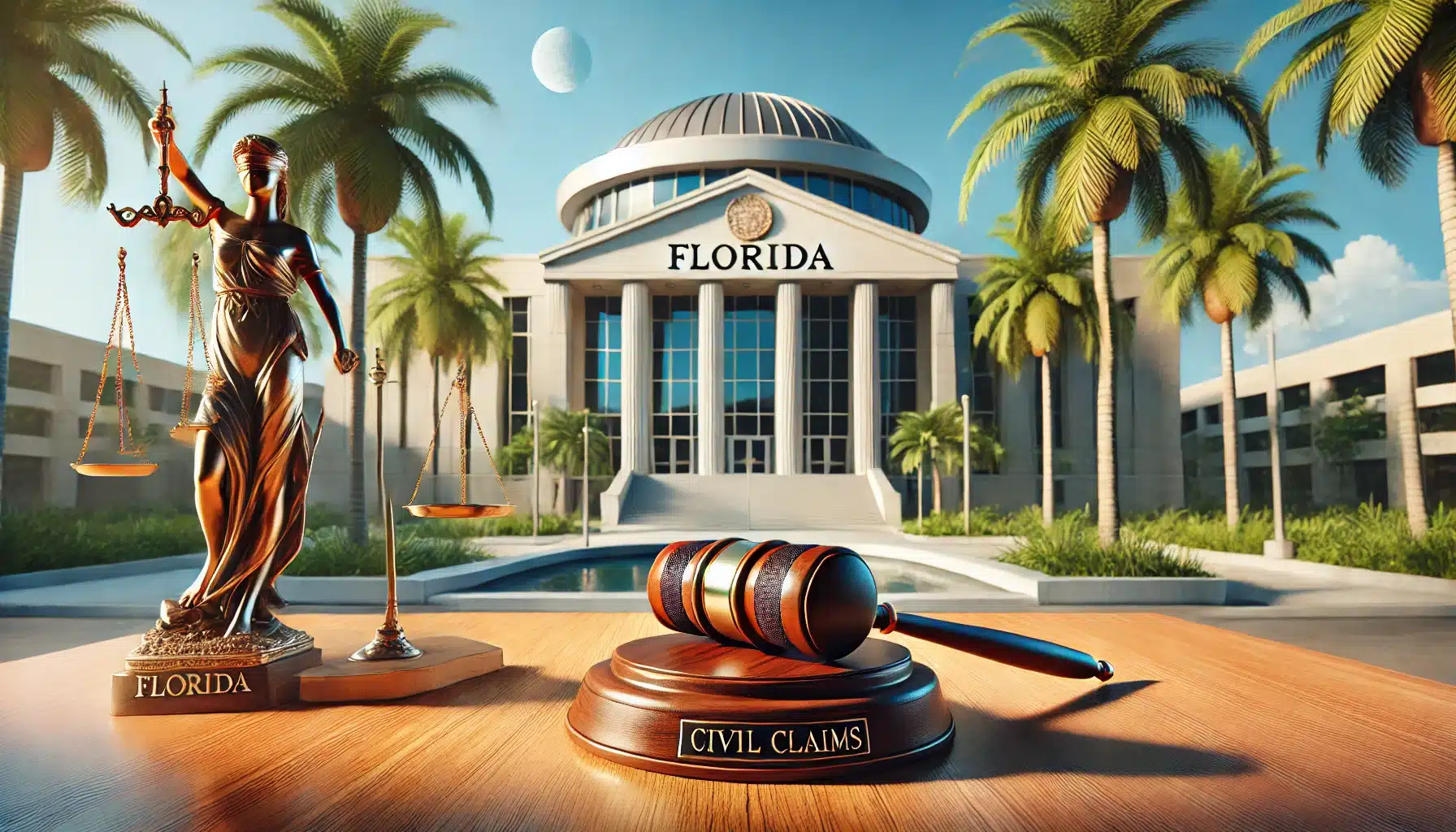How To Prove A Florida Unjust Enrichment Defense

In Florida, a defense of Unjust Enrichment is defined as:
Unjust Enrichment addresses situations in which one party gains an unfair or undeserved benefit, typically at the expense of another, without proper justification or compensation. When asserted as an affirmative defense, the defendant is essentially saying, “Even if the plaintiff’s claims are true, they should not be entitled to recovery because of unjust enrichment.”
It simply means:
When one party provides a benefit to another without receiving legal compensation for it.
There are 3 elements of the defense:
- Element 1. A benefit was conferred upon a plaintiff by the defendant. In a case of unjust enrichment, this means that the defendant received a benefit, like money or services, that helped them, which the plaintiff provided, even though the plaintiff didn’t get anything in return for it.
Facts that might support this element look like:
* The defendant provided the plaintiff with valuable services that were not compensated, resulting in a direct benefit to the plaintiff.
* The plaintiff received goods from the defendant, which enhanced the plaintiff’s business operations without any payment being made.
* The defendant invested time and resources into a project that ultimately increased the plaintiff’s revenue significantly.
* The plaintiff utilized the defendant’s proprietary information, which led to a competitive advantage in the market.
* The defendant performed work on the plaintiff’s property, improving its value without any agreement for payment. - Element 2. The plaintiff appreciated the benefit. In a case of unjust enrichment, the plaintiff is seen as having gained something valuable or beneficial from the defendant’s actions, which can complicate the defendant’s argument that they shouldn’t have to pay back or compensate the plaintiff.
Facts that might support this element look like:
* The plaintiff received a significant financial gain from the services provided by the defendant, which enhanced their business operations.
* The plaintiff actively utilized the defendant’s product, leading to increased customer satisfaction and sales.
* The plaintiff acknowledged the quality and value of the defendant’s work in multiple communications, expressing gratitude for the benefits received.
* The plaintiff’s business reputation improved as a direct result of the defendant’s contributions, attracting new clients and opportunities.
* The plaintiff continued to engage the defendant’s services over an extended period, indicating satisfaction with the benefits derived. - Element 3. The plaintiff accepted and retained the benefit under circumstances that make it inequitable to retain it without paying the value thereof. The plaintiff received a benefit that they knew was meant for someone else, and it would be unfair for them to keep it without compensating the rightful owner for its value.
Facts that might support this element look like:
* The plaintiff knowingly received services from the defendant, which were provided with the expectation of compensation.
* The plaintiff continued to use the defendant’s product for several months without making any payment or expressing intent to pay.
* The defendant incurred significant costs in providing the benefit to the plaintiff, which the plaintiff was aware of at the time.
* The plaintiff’s retention of the benefit has resulted in the defendant suffering financial loss due to the lack of payment.
* The plaintiff has not offered any justification for failing to compensate the defendant for the value received.
(See Florida Power Corp. v. City of Winter Park, 887 So.2d 1237, 1242 n.4 (Fla. 2004). Rollins, Inc. v. Butland, 951 So. 2d 860 – Fla: Dist. Court of Appeals, 2nd Dist. 2006. Hillman Const. Corp. v. Wainer, 636 So. 2d 576 – Fla: Dist. Court of Appeals, 4th Dist. 1994.)
If you’re in court without a lawyer and plan to assert a Defense of Unjust Enrichment, having a Personal Practice of Law at Courtroom5 is essential. You’ll need to make informed decisions about what to file at each phase of your case and prepare legal documents supported by thorough legal research and a strong analysis of the facts. Equip yourself with the tools and knowledge necessary to effectively present your Defense of Unjust Enrichment.
Prove Your FL Unjust Enrichment Defense
U.S. Civil Cases Only
